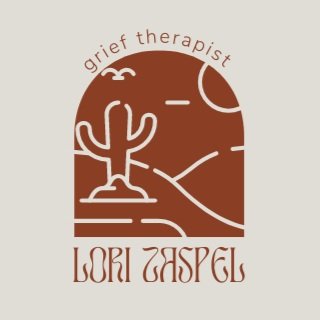Ambiguous loss, disenfranchised grief, secondary losses, oh my!
That’s a lot of words, I know. Please bear with me. Terminology is dear to me because naming things matters and I have a love for words. Validating our experiences with a name (of our own choosing or one developed by ‘professionals, it doesn’t matter) can help us to endure the process in a different way… Perhaps a more grounded way.
Ambiguous loss is the experience of grieving someone who is still alive. I don’t know about you, but when I experience a break-up, the person I want to speak to the most is the exact person I am supposed to be pulling away from or who is pulling away from me. The human who was previously “our person” may look and sound vastly different from the way we previously understood them. They may lash out, hurt us in ways they had promised never to or in ways we never anticipated. At the very least, they cannot show up for us in the same ways they would have previously.
Reading: https://www.ambiguousloss.com/
Podcast: https://onbeing.org/programs/pauline-boss-navigating-loss-without-closure/
Video: https://www.youtube.com/watch?v=uHFq6v8AiOo&ab_channel=TEDxTalks
Disenfranchised grief refers to the experience of being told, overtly or subtly, that one does not have a ‘right’ to grieve. When societal or cultural norms, or even messages from our smaller community, dictate that we are not entitled to feel the way that we feel, the grief process may be disenfranchised. For example, if you’ve experienced a break-up and all of your friends are busy saying how big of an arsehole your ex was, how much better off you are now, plenty of fish in the sea, etc. — one might interpret those messages as not having a ‘right’ to feel sad or grieve the loss of that person, no matter how right the ending may be. Another example might be within the non-monogamous community. Monogamous friends and family might think or even say, “Well, you have other partners, why be sad about this one?”
Podcast: https://www.coachingwithkrista.com/disenfranchised-grief/
Video: https://www.bath.ac.uk/campaigns/disenfranchised-death-and-grief-today/
Secondary losses can be tangible or more esoteric. While the loss of the relationship itself is primary, we might have to move out of our home, re-examine our finances, grieve time with a shared pet, or lose shared rituals. Break-ups can also bring up feelings of loss of identity, loss of a friend group, or the loss of the future we imagined with this person as our partner.
Now that you know the words, or have received a refresher, I invite you to consider how these experiences have shown up in your own life as well as those you love. How have you handled it in the past? How might you like to handle it differently in the future? Does this change how you view your current or past grief processes?

